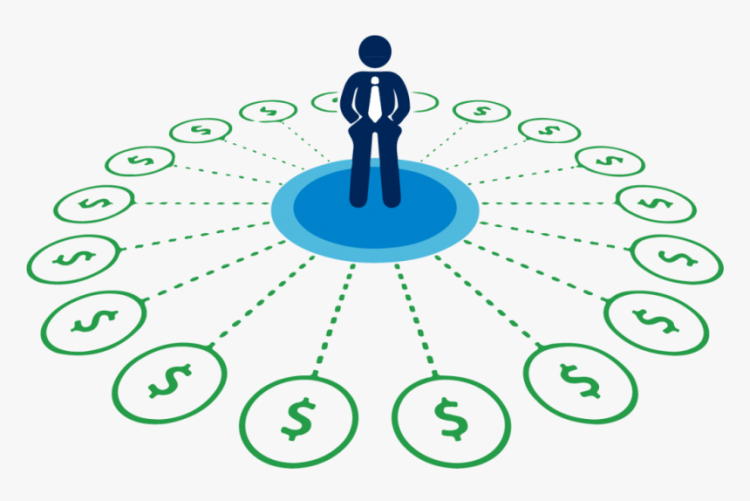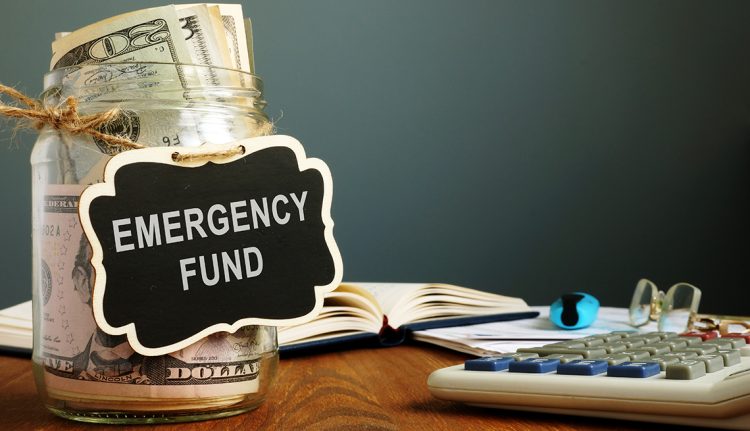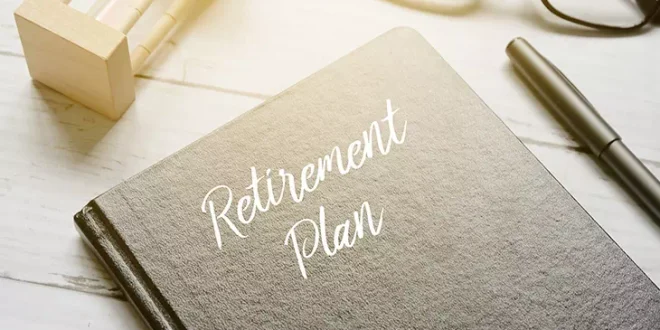Retirement might seem like it’s a “later problem”, but the reality is that early retirement planning is important. The earlier you get your ducks in a row, the more comfortable and less financially stressed you’ll be in retirement.
People are living longer today, and a longer lifespan means you’ll need to have more retirement funds saved to continue to live off. You might think you’ll be able to work until the day you drop, but you never know what’s around the corner. Certain tasks might become more difficult, forcing you to slow down earlier than expected. Knowing you want to keep working for a while is not an excuse to not save for your retirement, and having money behind you protects you from having to rely on your ‘work forever’ plan. Besides, retirement is something to be enjoyed and is something you should look forward to. You earned it!
Preparing early for retirement

Anyone nearing retirement age will tell you that the years slip by, and building a sizable nest egg becomes more difficult if you don’t start early. Navigating the process of retirement planning takes time and it’s important you have the necessary information to start mapping out a plan on your own. If you’re at all concerned about where to start in your planning, consult with a financial advisor.
Make sure you set realistic expectations and goals and factor in things such as:
- Your current age
- The age when you plan to retire
- Your current and projected expenses
- How and where do you plan to live in retirement
- What you want to do with your retirement
- Your health history and that of your families
Creating a retirement plan checklist
If retirement is coming into view, it’s time to kickstart your planning into high gear by creating a checklist. This can help to sharpen your focus on retirement and outline your vision with a solid strategy for how to achieve it.
Your checklist can include things like:
Inventory of your assets
Figuring out where you stand financially should be the first step in making a plan for retirement. Write down every debt, liability, income stream, and insurance policy and calculate how much you have in asset value and how much you have in savings. A good way to do this is to create a worksheet that you can adjust on a regular basis.
Debt elimination

In an ideal world, you’ll enter retirement with little or no debt. Your income is likely to decrease, and having fixed payments coming out will draw away from what you have to spend.
There are generally two thoughts when it comes to paying off debt:
- Pay down your smallest debts first
- Pay off your debts with the highest interest rates
To really make a dent in your debt, you’ll have to commit to paying more than the monthly minimum. Pay as much as you can to your chosen route, making sure that you still meet monthly requirements on all of your debt. Map it on a calendar, track your progress, and give yourself small rewards to keep you motivated.
Retirement needs
How and when you want to retire ultimately translates to how much money you’ll need in retirement. Consider where you want to live and what the cost of day-to-day living will be. Map out any plans for travel or more time with the grandkids and what the costs of these activities might be. Check out these 120 big ideas for what to do in retirement.
Insurances
Paying for more insurance than you need can eat away at your retirement savings, at a time when they’re more important than ever. Under-insure, however, and you may find that one day you need it and have to use savings or borrow money to help you get through hard times.
If you’re considering what insurance you may need in the lead-up to retirement, a good way to get started is to think about what you really need and what you don’t and what your family might need should something happen to you? Dig out your existing insurance agreements and consider new ones you might like to start, such as funeral insurance which you can obtain with https://www.seniors.com.au/.
Income streams

While open to change, it’s worth using online calculators to try to determine what you might be entitled to during your retirement years. Online calculators can help you to work out the income you’ll get from your superannuation and the age pension, investment options, and any other government assistance.
Investment opportunities
One of the worst mistakes you can make is to design your investment portfolio around your projected retirement date. This leaves little earning potential for your actual retirement. Retirement investments can supplement your retirement account earnings and can help ensure your savings last. Research and review your options and find the right investment fit for you.
Emergency funds
When you have a financial security blanket wrapped around you it takes the pressure off should things not go according to plan. It can also help cover you should there be any delays in receiving your pension/superannuation or other retirement income streams not already in place.
Ideally, you want to try to build six months’ worth of emergency funds so that you have time to organize yourself without dipping into your retirement savings. Keep your fund somewhere safe and separate from your other savings so you aren’t tempted to spend it.

Actioning your retirement plan
Knowing potential pitfalls to avoid as well as what you will do to stay entertained promises a certain security and peace of mind as you journey into retired life. The psychological and financial process of retirement follows a pattern similar in nature to the emotional and financial processes that accompany other phases of life, and the more you familiarise yourself with the landscape, the easier you’ll navigate your retirement years.
As you action your retirement plan, remember that life is not measured by the number in your bank account. Your finances can maximize your life and make things more comfortable but it’s the memories you make that are most important.
 Hi Boox Popular Magazine 2024
Hi Boox Popular Magazine 2024



